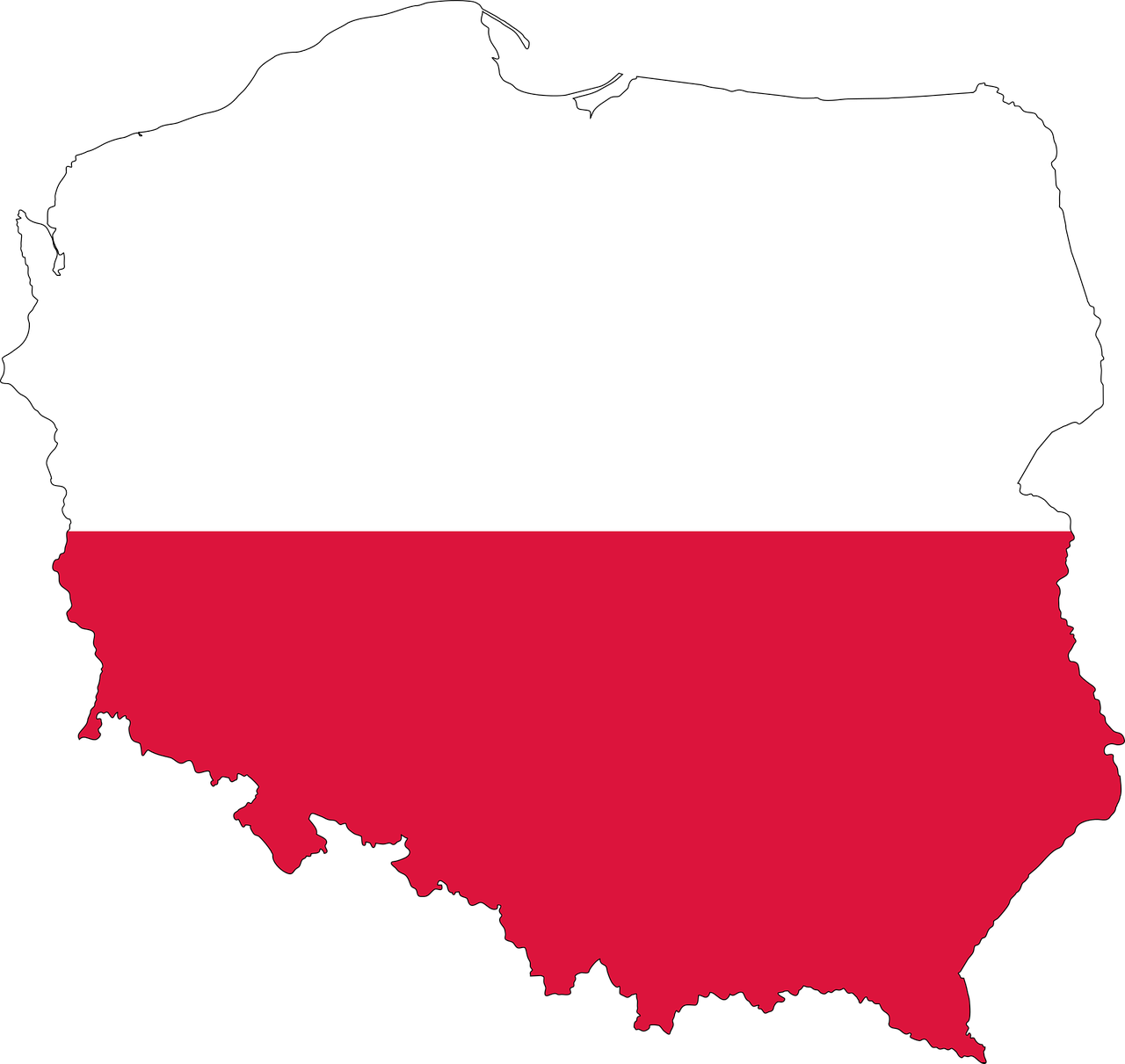
As the Polish government cracks down on foreign media influence, critics question if it is simply an attempt to silence divergent opinions.
On August 11th, Poland’s lower house approved a bill restricting media ownership in Poland for non-Europeans. The bill specifically impacts the Discovery-owned station TVN, which is an American-based company (Gall). Supporters of the bill argue that it will help prevent Russian and Chinese influence over Poland’s media, which has been a popular topic for political discussion in the European Union. Opponents of the bill disagree. They claim that the bill is intended to target media sources that are critical of the right-wing government. Many Polish media outlets have expressed concern over this bill, even those who are not directly critical of the government. Over 800 Polish journalists signed a statement in defense of TVN, arguing that the control of the media will continue to spread to other outlets (More than…).
TVN has been widely critical of Poland’s right-wing Law and Justice party. In August, the station obtained a Dutch broadcasting license that would allow them to continue broadcasting if their original license does not get renewed (Charlish). Discovery has stated that they will still take legal action against the Polish government’s “discriminatory” actions and that their acquisition of the Dutch license is not the end of their battle against the Polish government.
The waning democracy in Poland has been a topic of concern for many European nations. The rising influence of Hungary and Belarus as they become increasingly authoritarian has had a cultural and social impact on Poland’s politics. While the Law and Justice party, Poland’s main right-wing party, does not hold a majority in parliament, they have strengthened their political position through the court system, giving them power in the judiciary and lasting influence beyond elections.
According to Transparency International, Poland has fallen to its lowest point on the global corruption index since it started being measured in 1995 (Poland: Transparency.org). The lack of government transparency and the decrease in its consolidated democracy has experts concerned that it could continue to fall as influence from nearby authoritarian powers increases. Freedom house’s rating of Poland’s global freedom score has fallen by seven points over the last five years, with the most significant decline coming from the loss of civil liberties. Some of this stems from Poland’s increasing homophobia and anti-LGBT rhetoric. The creation of “anti-LGBT” zones in Polish cities and towns has been a topic of concern for many European countries (Ostrovsky). The European Union has been threatening to cut off funding if the anti-LGBT resolutions are not rescinded, which has worked to an extent, but the rights and safety of LGBT people in Poland are still under threat.
There is also concern over the polarization of Poland’s judiciary. The court system has lost much of its political independence since 2015 when the Law and Justice party started refusing the approval of justices set to be confirmed by parliament (Poland: Freedom…). Instead, they approved five of their own justices and passed a law requiring a two-thirds majority on all Constitutional Tribunal decisions (Levitsky, 80). This effectively removes the independence of the judiciary system by giving the legislature the final say on court decisions. It is important to note that the Law and Justice party has not been solely pushed for increased judicial control. In 2017, the Polish president Andrzej Duda, who is a member of the party, vetoed two bills that would have allowed them to pack the Supreme Court with its own justices (Levitsky, 188). This has slowed down the process of Poland’s judicial capture, but the power and independence of the courts have still fallen far from its position a decade ago, mostly from the efforts of his party.
References
Charlish. (2021, August 16). Discovery’s Polish news channel TVN24 obtains Dutch licence. Reuters. https://www.reuters.com/business/media-telecom/discoverys-polish-news-channel-tvn24-obtains-dutch-licence-2021-08-16/.
Gall, L. (2021, August 12). Poland targets TV channel, Limits Press Freedom and pluralism. Human Rights Watch. https://www.hrw.org/news/2021/08/12/poland-targets-tv-channel-limits-press-freedom-and-pluralism.
More than 800 journalists in defence of TVN: “The ruling party is raising its hand against media independence.” More than 800 journalists in defence of TVN: “The ruling party is raising its hand against media independence” – rule of law. (2021, August 10). https://ruleoflaw.pl/more-than-800-journalists-in-defence-of-tvn-the-ruling-party-is-raising-its-hand-against-media-independence/.
Ostrovsky, S. (2021, August 29). ‘anti-LGBT ideology zones’ are being enacted in Polish towns. PBS. https://www.pbs.org/newshour/show/anti-lgbt-ideology-zones-are-being-enacted-in-polish-towns.
Poland: Freedom in the world 2021 country report. Freedom House. (n.d.). https://freedomhouse.org/country/poland/freedom-world/2021.
Poland. Transparency.org. (n.d.). https://www.transparency.org/en/countries/poland.
Levitsky, S., & Ziblatt, D. (2018). How democracies die. Crown

0 Comments